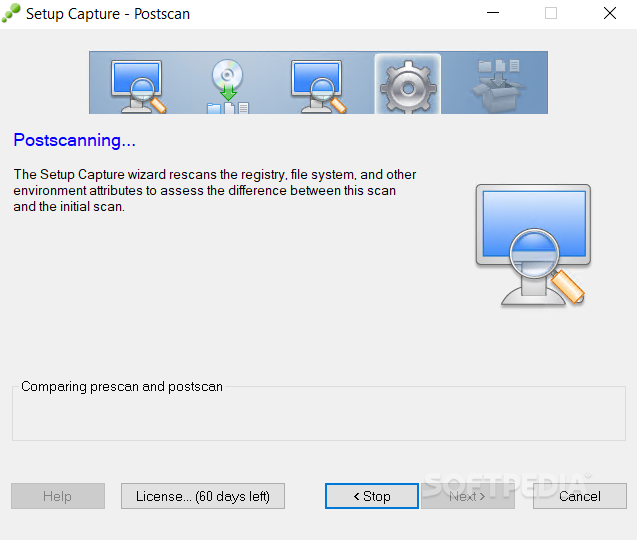

- VMWARE THINAPP ALTERNATIVES FULL
- VMWARE THINAPP ALTERNATIVES WINDOWS 7
- VMWARE THINAPP ALTERNATIVES WINDOWS
It hooks all API calls that might need to access something from the system so those calls can be redirected to access data inside the package.Īnyway - Spoon's announcement doesn't go into any detail on what is new relating to what they are providing, it seems a bit of marketing repositioning to capture some of Docker's popularity.
VMWARE THINAPP ALTERNATIVES WINDOWS
Application virtualization is a bit closer to Wine - it emulates parts of the Windows loader to load applications and it places hooks in all the application's API calls to access the filesystem, register, services, etc. Some other comments state this is the same as VMs, it's not. Microsoft had an old research project that died that is very close to Docker. If you are running your app inside of a clean VM on amazon, you don't care as much about isolation of namespaces, filesystem, and network - so these solutions might be viable. I'm curious how Microsoft will address this when they introduce containers. In some cases this isn't true, you can use Thinapp/spoon to package an app with some DLLs from earlier or later versions of windows so it will run on older/newer versions - but that is not the case for things that use core system DLLs like ntdll or kernel32.
VMWARE THINAPP ALTERNATIVES WINDOWS 7
For example, if your app uses a new API from Windows 7 - it will not run on Windows XP. OS comparability is not assured, you still need to test your app on various OS's to make sure it works compared to Docker. Each app gets it's own private network stack this eliminates port collisions, etc. Thinapp has the ability to apply namespace isolation in specific cases, but doesn't do it by default because this can cause comparability issues. In Thinapp and others, this isn't 100% the case - for example names of shared memory objects, window titles, and most of the filesystem/registry will share a namespace with other processes.
VMWARE THINAPP ALTERNATIVES FULL
Docker provides full namespace isolation between apps, another app on the same system won't affect your app. The sandbox directory can be located on another storage mechanism, so the VM can be treated as stateless. In Thinapp & others most filesystem and registry writes by the application are redirect to a sandboxed location. You can package runtimes and support applications into your packages (.net, SQL server, etc). There are command line tools you can use to build your package using something like a makefile. Docker advertises millisecond startup times, Thinapp is probably in the 10s of milliseconds to startup - but if the app comes packaged with a lot of fonts these may need to be extracted from the package first (not a problem for server apps).

Startup times will vary - mostly based on the app.

You can package your application into a single file and then run that on a clean Windows OS without installing.

There are also other similar solutions in the industry like Microsoft AppV and VMware recently acquired a product called "Cloud Volumes". Both have a lot of similarities to Docker, but there are important areas that cannot be addressed without Microsoft's support (see recent announcement between Microsoft and Docker). Spoon is very similar to VMware Thinapp, which I started 10+ years ago.


 0 kommentar(er)
0 kommentar(er)
